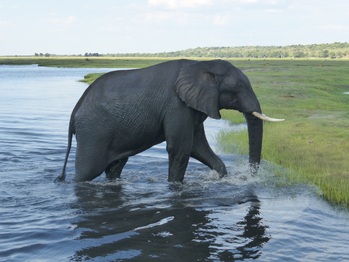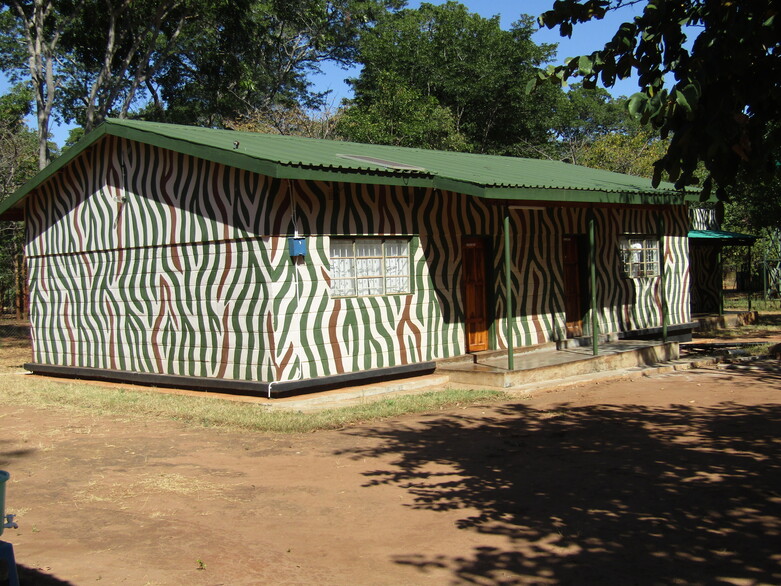Managing resilience of natural resources in the Southern African Development Community
Climate Resilience and Management of Natural Resources in the SADC Region
-
Commissioning Party
German Federal Ministry for Economic Cooperation and Development (BMZ)
-
Country
Regional, SADC region
-
Overall term
2021 to 2024
-
Other Stakeholders
SADC Secretariat
-
Products and expertise
Climate change adaptation and mitigation, biodiversity, climate smart agriculture

Context
The region of the Southern African Development Community (SADC) is expected to experience higher temperatures and more extreme weather events in future due to climate change. This entails a decline in water, negatively impacting productivity in various resource-based land uses. As about 70 per cent of the population depends on agriculture and livestock for their income, this will have far-reaching impacts on food security, as well as influencing socio-economic development and gender balances.
To counter these trends, it is important to preserve biodiversity and improve livelihood security in rural communities. SADC supports the establishment and management of Transfrontier Conservation Areas (TFCAs) as an important way to achieve these goals, as these provide political, social and economic leverage for the integration of the region.
Objective
Tackling climate change is being established as a vital activity in the cross-border management of natural resources in the SADC region.
Approach
The project promotes the mainstreaming of climate change adaptation and mitigation in TFCA management in four fields of work:
- Advising the SADC Food, Agriculture and Natural Resources (FANR) Directorate to improve its strategic planning framework by analysing the risks of climate change and devising possible adaptation and mitigation measures.
- Promoting the use of digital formats and providing training courses to share knowledge on climate-smart agriculture and natural resource management approaches and facilitate regional cooperation.
- NGOs and communities implement local climate-smart agriculture and natural resource management in three TFCAs.
- Developing tourism in the region by facilitating cross-border travel and promoting growth of the tourism market with the Boundless Southern Africa brand.

Last update: July 2023





